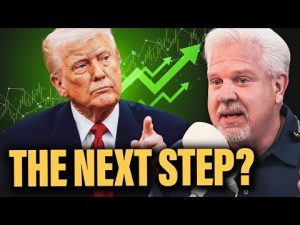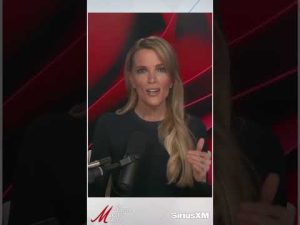In recent months, the world has witnessed a surge of protests, vandalism, and unrest linked directly to the well-known electric car manufacturer, Tesla. This rising tide of hostility towards the brand can be traced not only to consumer preferences but also to the political climate surrounding its CEO, Elon Musk. With recent reports indicating a notable decline in Tesla’s global vehicle deliveries—down 13% last quarter—the impact of political sentiments on commercial success has never been clearer.
Protesters have taken to the streets in various locations, chanting slogans against Musk and calling for an end to his influence. These demonstrations are not just random outbursts; they represent a growing discontent among certain groups who view Musk’s political affiliations, particularly his close ties to former President Donald Trump, as a significant reason for their grievances. Some protesters claim that Musk’s political activities, including his financial contributions to Trump’s reelection campaign, have created a hostile environment for those who may once have seen Tesla as an innovative, environmentally friendly choice.
As the controversy unfolds, the Tesla brand has become a focal point for mounting public anger. In Europe, the company faced a staggering 47% drop in new car registrations in February compared to the previous year. Similarly, in the United States, sales plummeted by 2% in the first two months of this year. While there are multiple factors contributing to this downturn—such as increased competition in the electric vehicle market and consumer waiting for upgraded models—the political dimension of these changes cannot be dismissed.
Elon Musk’s increasing political involvement, particularly in Republican circles, has led analysts to suggest that Tesla’s image has shifted. With many electric vehicle buyers historically leaning towards liberal values, Musk’s conservative alignment could alienate a significant portion of his potential customer base. The reality is simple: in today’s climate, purchasing decisions may also reflect personal beliefs, turning shopping into a form of political expression. Just as the backlash against brands like Bud Light illustrated how a political stance can drain sales, so too may Tesla feel the effects of a divided consumer landscape.
Amid this chaotic backdrop, authorities have labeled attacks against Tesla properties as domestic terrorism. The U.S. Attorney General has stated that these acts, whether they manifest as graffiti, vandalism, or worse, will be met with serious repercussions. While current legal frameworks may not distinctly outline what constitutes domestic terrorism, prosecutors retain the power to pursue charges for aggressive behaviors that plague the company. In a world where politics intertwines with commerce, Musk’s adversities may serve as a cautionary tale for other brands navigating the choppy waters of political alignment.
As the lines between consumerism and political beliefs continue to blur, Tesla finds itself at the heart of an unfolding drama. With Musk as both a prominent figure and the visible face of the brand, it has become easier for detractors to rally against him through a product that symbolizes modern electric mobility. Whether Tesla can reclaim its image—and sales—in this fiercely competitive and politically charged climate remains to be seen. However, one thing is clear: the blending of politics and consumer choices is a reality that shapes the future of industries across the globe, and Tesla is merely the latest chapter in this ongoing saga.







